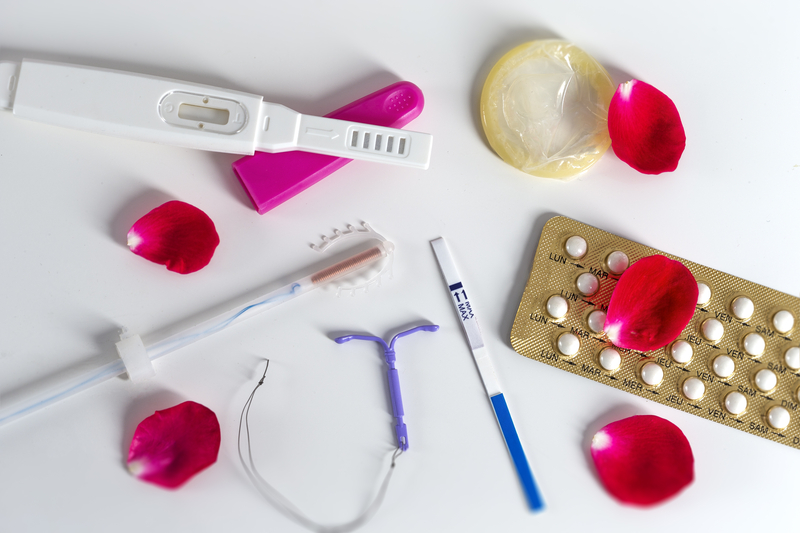Birth control is a vital part of your healthcare if you’re sexually active. The form of birth control is a big decision, and one of the factors you need to know is how long you need to wait before your birth control provides full protection.
From side effects to the birth control method that’s right for you, your birth control is a significant decision. Let’s take a look at how each birth control works, how long does birth control take to kin in, and to understand when it offers full protection from pregnancy.
Hormonal Birth Control Options
Hormonal birth control choices work on several levels. They thicken the cervical mucus to prevent sperm from making it through the uterus, prevent eggs from releasing into the ovaries for fertilization, and thin the uterine lining to prevent implantation if the previous actions aren’t successful. This requires a period of time to adjust your hormones before you’ve got coverage against pregnancy.
Birth Control Pills
Combination pills will protect you from day one if you begin taking them during first five day of your period. This doesn’t mean that your period has started, but the first day of your cycle. If you start at any other point in your cycle use a backup method.
Progestin-only oral contraceptives (the minipill) are effective two days after you start the pill. However, if you miss one, you’ll need to use a backup form of birth control for another two days. It works more quickly, but there’s no room for error.
The Vaginal Ring and The Birth Control Patch
Vaginal rings provides the same type of protection that birth control pills do. If you put it in on during the first five days of your menstrual cycle, you’re protected from day one. If you start at any other point in your cycle, use a backup method of birth control.
Patches also work similarly to the ring the pill. You can time it to start during the first day of your cycle, or if you wait longer, you’ll need to use other methods.
Birth Control Injections
Injections are effective within 24 hours if you receive the injection any time during the first five days of your menstrual cycle. Any time after that and, like the rest, you’ll have to wait at least seven days for full protection against pregnancy.
Intrauterine Devices
These long term birth control methods work by inserting a small device into the uterus. A copper IUD works by causing sperm to avoid the copper — thus avoiding the birth canal. Hormonal IUDs work by also thickening cervical mucus to prevent sperm from accessing the uterus and preventing the release of eggs with Progestin.
Copper is immediately effective no matter when you insert it, but hormonal IUDs must be inserted during the first week of your menstrual cycle to be effective. If not, wait for up to seven days or use back up methods of birth control.
Barrier Methods
Barrier methods — such as condoms, female condoms, cervical caps, or diaphragms — are effective immediately as long as you use them correctly. These prevent sperm from accessing the uterus for fertilization. Some also use secondary methods such as spermicide to kill sperm before it can reach an egg. These are often the backup methods we require while waiting for hormonal birth control to take full effect.
Sterilization Procedures
Tubal ligation and tubal occlusion are two common surgical sterilization methods. Tubal ligation will require a one week waiting period just to be on the safe side, but tubal occlusion isn’t effective immediately. Unlike a ligation, which cuts your fallopian tubes, an occlusion works through a micro-insert in the fallopian tubes to encourage your body to close them naturally. You’ll need to wait at least three months.
Implants
Birth control implants work similarly to all other forms of hormonal birth control. Time implants to coincide with the first week of your menstrual cycle, or you’ll have to wait at least seven days to allow your body’s hormones to adjust.
Choosing the right birth control
It’s essential to receive medical advice from a trusted provider like Great City Medical. We are ready with all the health information you’ll need to make the best decisions for the forms of birth control that fit your lifestyle and your needs.
We will go over everything you need to know about the side effects of birth control, effectiveness, and how long you’ll have to wait for your chosen birth control to work. We can also work with you to decide on combinations of birth control that can help with other medical issues.
Unprotected sex with your trusted partner doesn’t have to put you at risk of pregnancy. Birth control is one way to take charge of your fertility, and family planning is part of your overall health picture. We can help you make the best decision.



